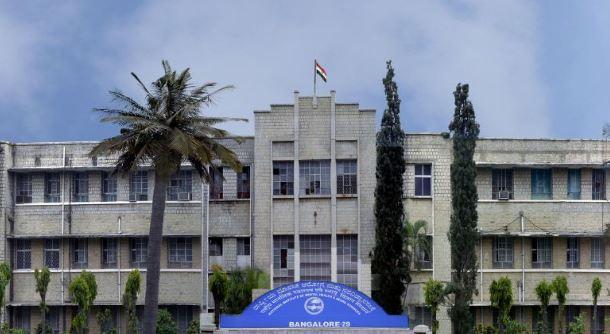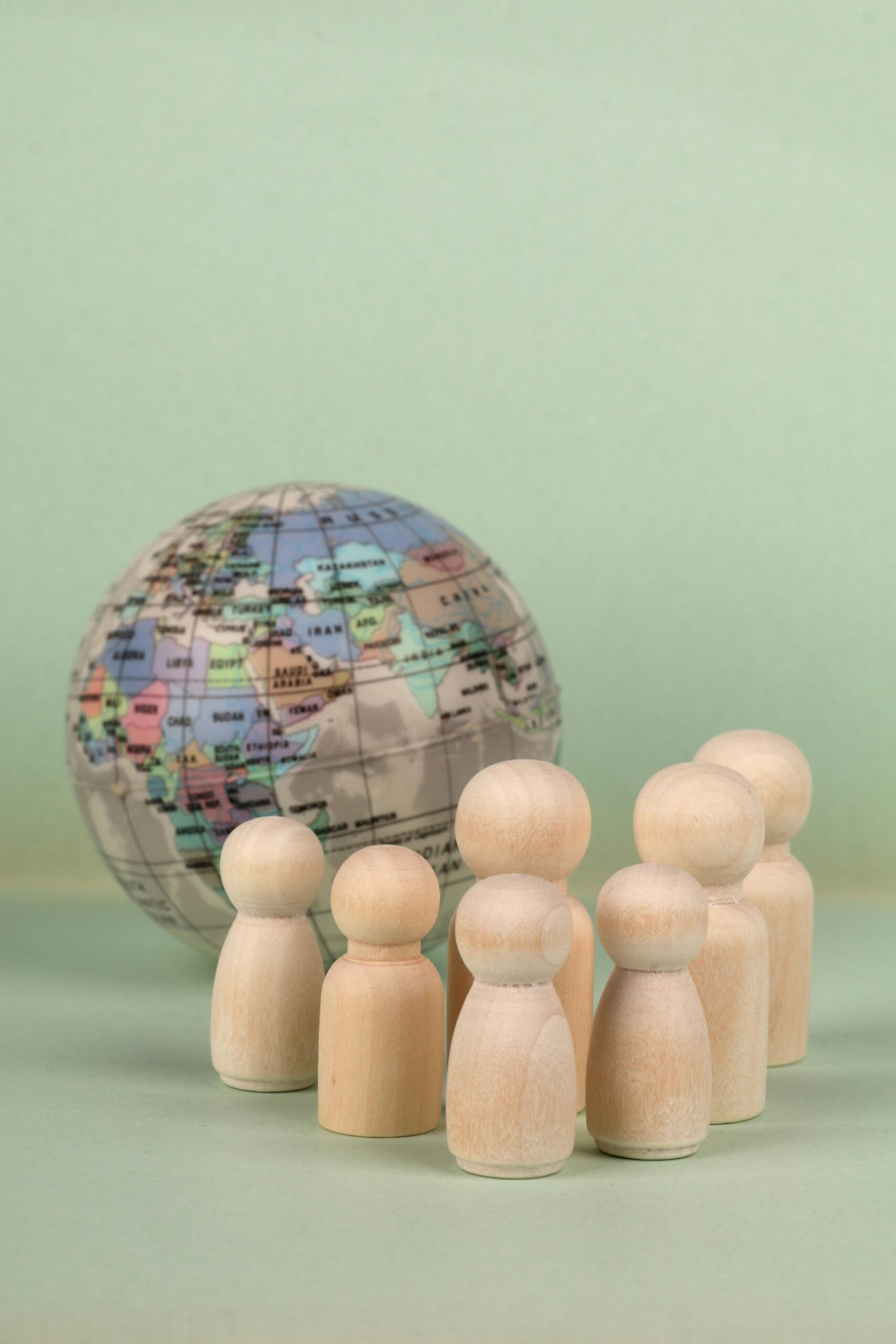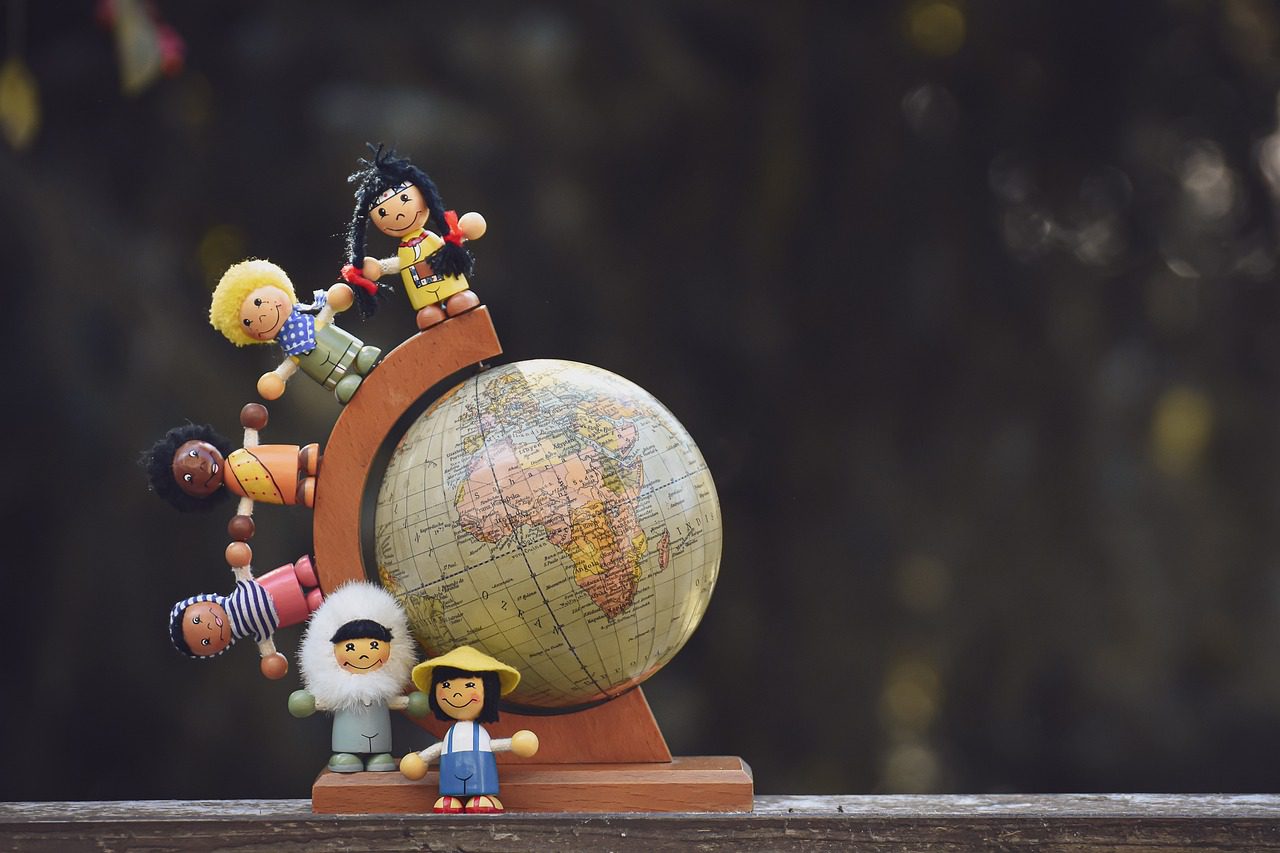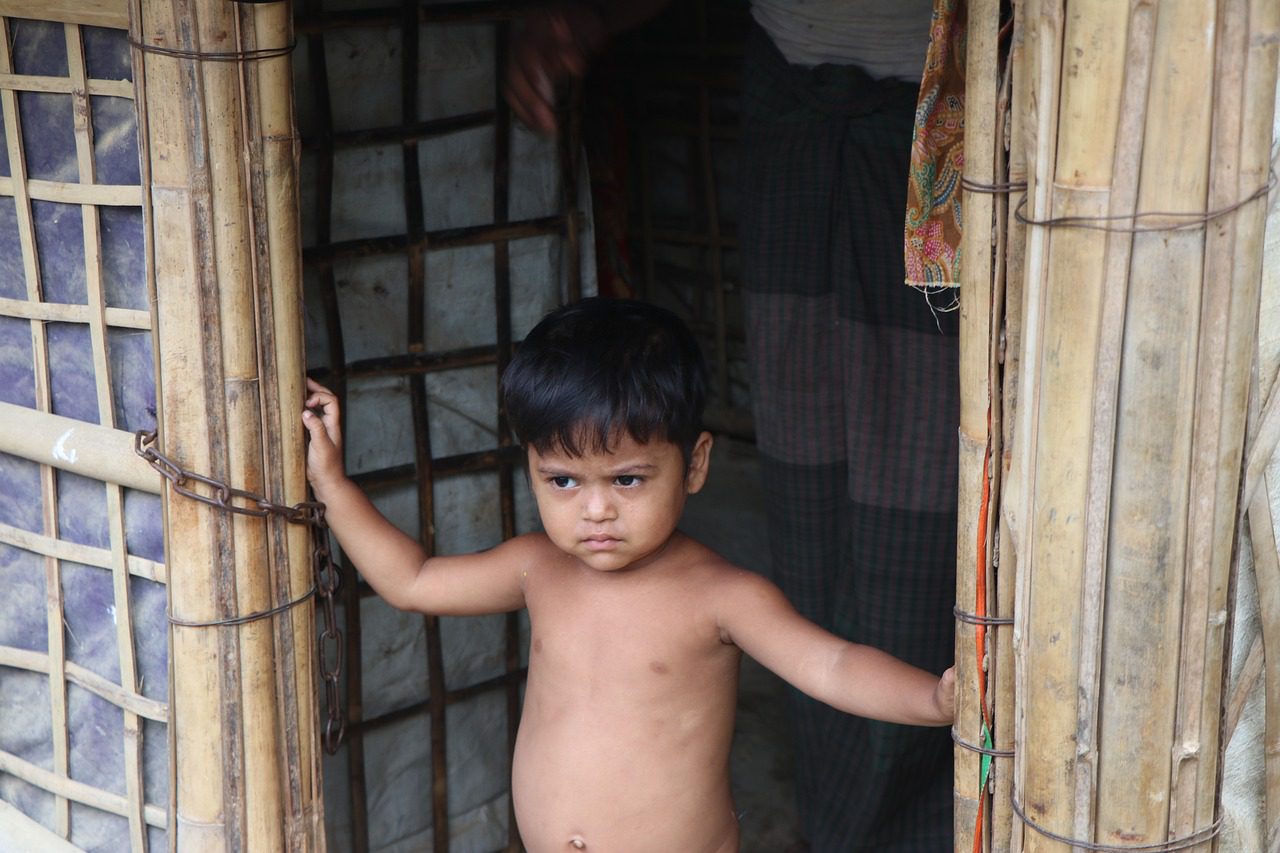15th Presidential Election-2022
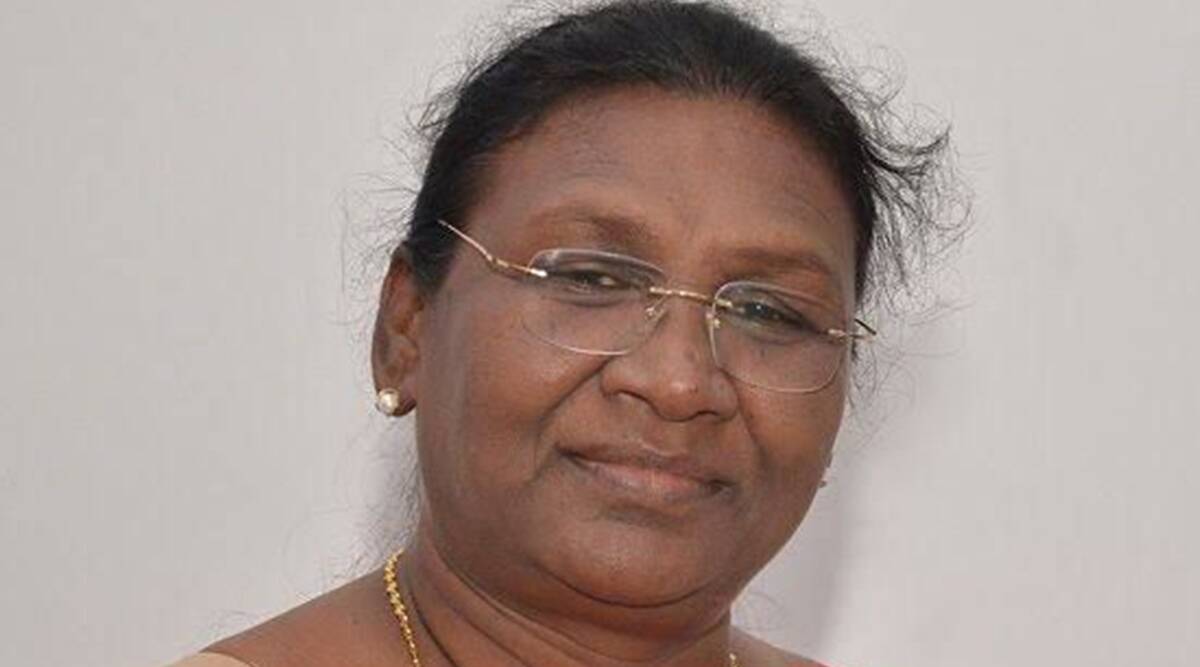
Bасkgrоund:-
- 15th Presidential Election-2022 will be held recently
- The current (14th) President of India, Ram Nath Kovind, is serving from July 25, 2017. His tenure will end on July 24 of this year.
- As mentioned in the Presidential and Vice-Presidential Elections Act of 1952, the Election Commission issues a notification calling for an election on or after the 60th day before the current President’s term ends. In this regard, the election notification was published on June 15 by the Election Commission of India.
- Under Article 62(1) of the Constitution, “an election to fill a vacancy caused by the expiration of the term of office of President shall be completed before the expiration of the term.” Following this, the election took place on July 18, 2022, where NDA candidate Droupadi Murmu and joint opposition pick Yashwant Sinha.
Linkаges:-
- The President of India is crucial in maintaining diplomatic and amicable relations with other governments worldwide.
- He represents the country in foreign nations through ambassadors and high commissioners. He also receives credentials from foreign diplomatic officials.
- The President plays a crucial role in negotiating treaties and accords with foreign countries before Parliament ratifies them. On this note, the 2022 election plays a significant role in deciding the leader who will represent India in the global arena.
- When seen through the lens of Indian politics, though India’s President holds merely a ceremonial role, the 2022 elections can bolster or undermine the grip of the ruling Janata party on power in the world’s second most populous country.
Сurrent Sсenаriо:-
Nomination-
- The returning officer for the poll, Rajya Sabha Secretary General PC Mody, stated that 28 of the 115 nomination papers received for the presidential election were rejected on the presentation. The remaining 87 papers of 72 presidential candidates were rejected because they did not match the required criteria.
- After the deadline for withdrawing nominations (on July 2), the final list of nominees was published in the Gazette.
- Aside from Murmu and Sinha, a slum worker from Mumbai, a namesake of RJD founder Lalu Prasad Yadav, a social activist from Tamil Nadu, and a lecturer from Delhi have all filed their applications for the first citizen seat in the country.
Election-
- The elected members of the Lok Sabha, Rajya Sabha, and State Legislative Assemblies of all states, as well as Delhi, Jammu and Kashmir, and Puducherry, constitute the electoral college of the presidential election.
- 728 of the 736 electors (MPs) were allowed to vote in the Parliament House voted, including Prime Minister Shri. Narendra Modi and former Prime Minister (13th PM) Manmohan Singh.
- Eight MPs chose not to vote, including two MPs from the BJP and Shiv Sena each and one MP from the Congress, Shiv Sena, Samajwadi Party, Mayawati’s Bahujan Samaj Party, and Asaduddin Owaisi’s AIMIM.
- The Election Commission of India announced that the counting of votes would take place on July 21, and the new President will take the oath of office on July 25.
Imрасt:-
- In the recent by-elections held in Uttar Pradesh, BJP candidates won constituencies of Azamgarh and Rampur. This must have an impact on the presidential election because Uttar Pradesh itself has 14.86 percent of the total votes cast by the country’s 10,86,431 voters’ representatives.
- Following the success of the BJP candidates, the route to victory for the NDA’s nominee Draupadi Murmu in the presidential election will be easy. However, the NDA’s vote total will exceed the total number of votes cast in the presidential election across the country.
Curated by- Jeffrey




